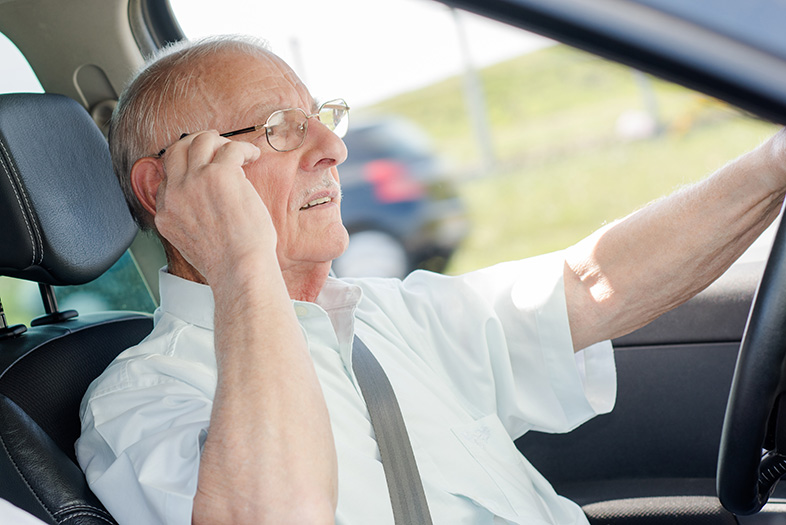
Young drivers may be the most high-risk group due to their inexperience, but experience alone doesn't make one a good driver. Older drivers can also become high-risk drivers as they age, and it's often wise for family members to talk to them about whether or not they should be behind the wheel.
One thing family members are told to ask is whether or not the driver has been getting lost at all, especially when driving down familiar routes. Even getting lost for a few minutes can be a sign of memory issues or cognitive issues. While not a huge deal in some cases, it could indicate that driving may no longer be wise.
Family members also need to consider health issues and medications. If someone has to be on a strong painkiller, driving could be too dangerous and perhaps illegal. A person who is at a high risk for a stroke or a heart attack may also be a risk behind the wheel, as a medical emergency on the road could lead to a deadly crash.
The vehicle itself can also be telling. One warning sign is the consistent development of new scratches or small dents on the car. While backing lightly into a rock while pulling out of the driveway may not be a "real" crash, it can show that overall skills are diminishing. Taking action early can prevent that major accident.
There are many older drivers on the roads in the United States, and they do cause preventable accidents every year. If you've been injured or a loved one has been killed in such a crash in Wisconsin, you may need to look into your rights to financial compensation.
Source: National Highway Traffic Safety Administration, "Talking with Older Drivers about Safe Driving," accessed Sep. 09, 2016